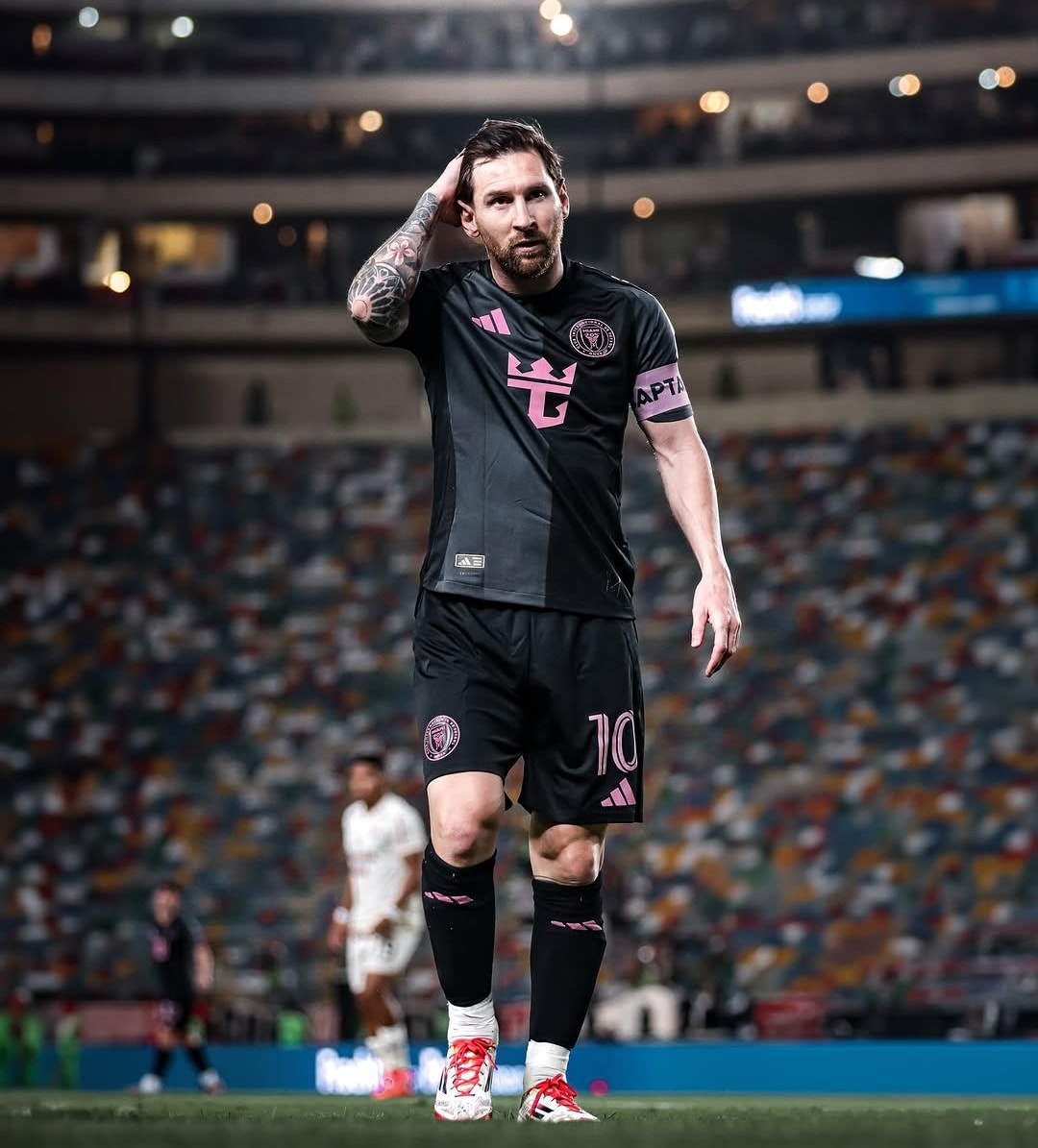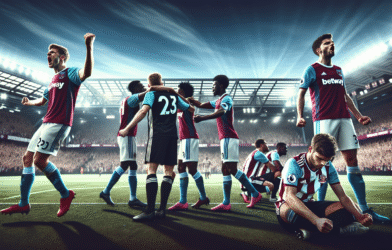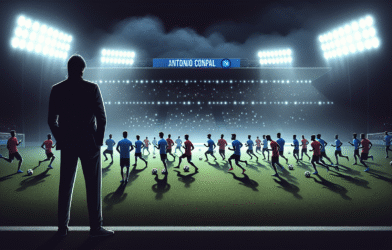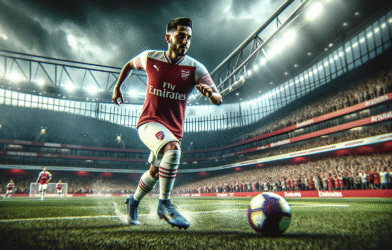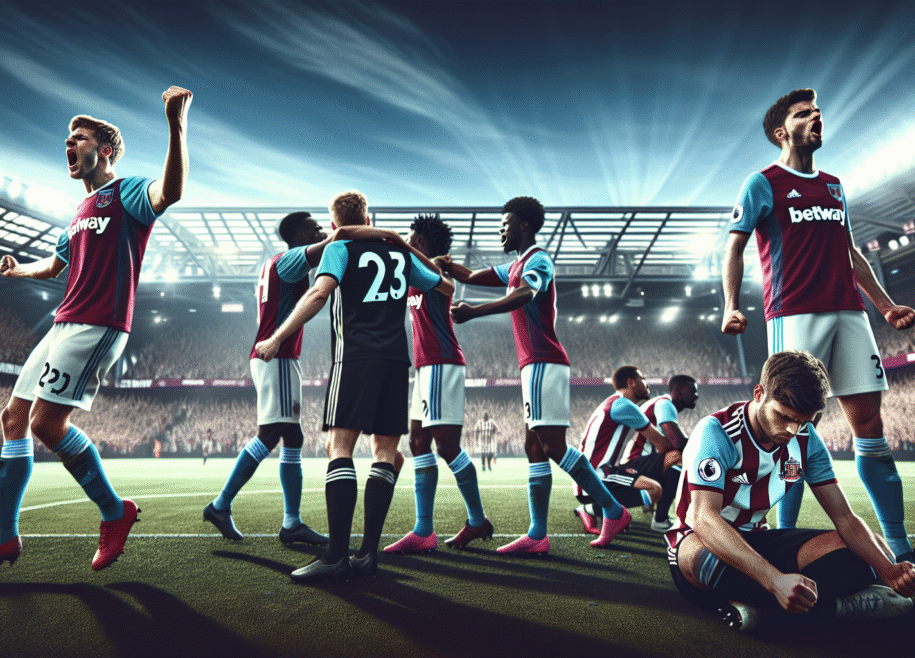Subtotal $0.00
Messi misses Panenka penalty
Messi penalty miss became the defining moment of a chastening night for Inter Miami. The Argentinian icon arrived with vast attention and a growing MLS aura, yet his Panenka from the spot did not beat the goalkeeper. The miss underscored the challenges of adjusting to a different tempo and mindset in North America. Even a player of Messi’s stature cannot bypass the fine margins of a single moment, and this one reverberated through the stadium and across the sport’s attention span. For Miami, the miss was a painful reminder that the league demands discipline, timing, and continued cohesion in a new environment. You can learn more about MLS and the league’s evolving style on MLS, and see how Inter Miami is approaching games this season on Inter Miami.
The moment and technique
The moment arrived in the 18th minute as Messi stepped up with the Charlotte crowd jittering in anticipation. The Panenka, a delicate chip to catch the keeper off guard, reflected a fearless approach. Yet the ball drifted wide, and the chance to put Miami ahead slipped away. This was not merely a missed kick; it was a decision that exposed the tension between audacity and execution on MLS soil. The phrase Messi penalty miss began to circulate as fans and pundits replayed the moment from different angles. It became a talking point about whether risk should accompany big-name arrivals in a league still mastering its tempo.
The Panenka’s intention was clear: a clever feint that asks the goalkeeper to guess wrong. Charlotte’s keeper read the move, and the dive to his left produced the crucial moment of containment. The reaction from the stands, and later from analysts, suggested a broader conversation about technique, pressure, and the unique pressure of penalties in MLS. The miss did not sink Miami entirely, but it did destabilize an early plan to seize control of the match. For more on how penalties are interpreted in MLS, see the ongoing coverage from MLS.
Context and implications for Messi penalty miss
Beyond the moment, the miss highlighted the adjustment curve for Messi and his teammates. MLS demands a different rhythm, a different goalkeeper mindset, and a larger propensity for swings in momentum. Inter Miami had entered the game with intent to press and transition quickly, but Charlotte responded with sustained pressure and smart counter-pressing. The miss did not define Messi’s time in Major League Soccer, yet it did frame the early narrative: even the best players must acclimate to a new league’s tempo and demands. The timing of such misses matters, and this instance arrived at a moment when Miami needed a lift from their attacking unit.
Looking ahead, the focus shifts to how the squad responds. The miss invites a more disciplined approach in front of goal and perhaps a refinement of set-piece strategy in coming fixtures. For supporters eager to see Messi’s influence translate into results, the missed opportunity becomes a teaching moment rather than a verdict. The broader discussion will center on how the team leadership recalibrates and how Messi penalty miss is absorbed by the group as they chase consistency in MLS and in continental competition.
Inter Miami routed 3-0 by Charlotte FC
Start strong: Charlotte’s pressing and first half
Charlotte FC opened with intent, pressing high and moving the ball with purpose. The home side pressed hard, forcing Miami into hurried decisions and turnovers in dangerous zones. Early control set the tone for what became a dominant 3-0 win. Charlotte’s tempo disrupted Miami’s build, and the hosts capitalized with efficient transitions that kept Inter Miami chasing. The early pressure proved pivotal, turning a tight contest into a game of control for Charlotte from the outset.
From the opening moments, Charlotte demonstrated why their form has been red-hot. Quick recoveries, disciplined backline work, and purposeful passing sequences stretched Miami and limited the visitors’ ability to settle. This approach created chances, and when Miami pressed to recover, Charlotte found space to exploit in behind the high line. The first half tactics were clear: press the ball, deny service, and punish any lapse with quick ball movement. The result was a 3-0 margin at full time, with Charlotte showcasing a blueprint that left Inter Miami’s coaching staff facing questions about structure and resilience.
Miami’s vulnerabilities and defensive lapses
Inter Miami’s vulnerability in the final third was evident. The trio up front struggled to forge meaningful chances as Charlotte blocked passing lanes and forced turnovers in dangerous zones. In defense, miscommunications and delayed reactions allowed counter-attacks to grow into clear scoring opportunities. The home side’s pressing also exposed gaps in Miami’s buildup play, creating a cycle of pressure that stifled Miami’s creativity and left them short of chances. The scoreline reflected not just a moment of misfortune but a systematic difficulty in repelling sustained pressure for 90 minutes.
Even with Messi’s presence, Miami could not find the disruptor’s touch they needed to change the rhythm. The team’s adjustments were too slow to counter Charlotte’s intensity, and the late goals were a product of persistent pressure turning into a comfortable advantage for the home side. Observers will point to the need for sharper finishing and a steadier level of concentration across the entire 90 minutes. For fans seeking to understand what went wrong, the analysis points to a combination of pressing resilience by Charlotte and a lack of clinical finishing from Miami.
Panenka penalty risk and execution
Risk-reward calculus in MLS
The Panenka is a high-risk, high-reward choice in any league, and MLS is no exception. The risk lies in giving the keeper a clean read and exposing the kick to a well-timed leap. The reward, if successful, is an instant psychological lift and a deflation of the opponent’s confidence. In a league where games are tightly contested and margins thin, a single moment of audacity can reshape a match’s momentum. This section examines how teams weigh risk in front of goal and how a miss can alter a credible game plan despite a player’s pedigree.
In North American soccer, the pressure is amplified by the surrounding narrative: star signings attract attention, but consistency remains the currency of success. A successful Panenka can spark a surge; a miss can prompt critical scrutiny. The decision to attempt such a finish should align with the team’s temperament and the situation at hand. For fans following the tactical conversations around penalties, sites like BBC Sport offer broader perspectives on how penalties are treated in different leagues.
Keeper mindset and why Panenka failed vs Charlotte GK
Goalkeepers in MLS have cultivated a reputation for anticipation and quick decision-making. The Charlotte goalkeeper anticipated the chip, committing early and selecting the correct side. The Panenka’s failure was as much about the keeper’s read as the execution in the moment. This dynamic illustrates a broader truth about penalties: execution and psychology must align with goalkeeper psychology to succeed. The missed effort highlighted that the goalkeeper’s mindset can be a decisive factor in a high-stakes shot.
For Messi and Inter Miami, this outcome adds a layer to the ongoing adaptation. It emphasizes the need for a balanced approach to set pieces and the added value of varied finish types beyond a single creative solution. As MLS continues to evolve, teams will study such moments and refine the balance between artistry and reliability in penalty situations. Further analysis and perspectives can be found in ongoing match reports from ESPN.
Impact on Inter Miami and Messi’s season
Momentum, standings, and next fixtures
The 3-0 defeat dents Inter Miami’s momentum as they navigate a challenging stretch of fixtures. A rapid response is essential to maintain belief in the squad’s long-term potential. The standings picture becomes more fragile after such a result, particularly when the team is still integrating new personnel and tactical systems. The next fixtures will be crucial as coaches seek to stabilize the defense, sharpen finishing, and restore confidence in the attacking unit. For supporters monitoring league-wide implications, the match underscores how MLS teams can respond to adversity with disciplined adjustments and renewed focus.
Clarity in squad selection and approach will be central. The coaching staff will need to balance risk with pragmatism, ensuring Messi and teammates can exploit their strengths without overexposing themselves to counter-attacks. The team’s touring schedule or quick turnaround in league play will test their resilience. Closer look at upcoming fixtures, including possible rotation plans and fitness considerations, will shape Inter Miami’s immediate prospects as they aim to rebound.
Messi’s adaptation to MLS tempo and expectations
Messi’s MLS chapter is still in its early chapters, and adaptation takes time. The field intensity, defensive discipline, and tempo differ from Europe, and the adjustment will be measured in both performances and results. The missed moment, while painful, does not define his impact or trajectory in the league. Instead, it highlights the ongoing process of integration, learning local rhythms, and building chemistry with teammates in unfamiliar circumstances. Fans should expect continued evolution as Messi tests new partnerships and builds comfort with MLS’s physicality and pace.
Critically, the broader expectation remains high: Messi’s presence raises attendance, optics, and the league’s profile. While the miss will be dissected by pundits, the bigger narrative is how he contributes to a sustainable improvement in Inter Miami’s attacking outputs, pressing intensity, and overall cohesion. Observers will watch closely for how his runs, off-ball movement, and link play develop as the squad refines its approach to games in MLS. For ongoing updates on Messi’s season, follow the club’s official communications and independent match analyses from credible outlets like BBC Sport.
Reactions and next steps
Managerial response and squad changes
The managerial response will frame Miami’s immediate next steps. A robust critique of the performance is likely, with emphasis on finishing, defensive organization, and tactical balance. Expect discussions about personnel rotation, strategic tweaks in pressing lines, and perhaps additional support for Messi in the attacking third. The aim is to transpose the intensity Charlotte demonstrated into sustained pressure on opponents and more clinical finishing in front of goal. The coaching staff will also evaluate how to manage minutes during a congested schedule and maintain fitness across the squad.
Fans and analysts will watch for concrete changes in formation, pressing triggers, and ball progression patterns. The club’s communications will likely stress resilience and a forward-looking plan. These conversations are essential for building momentum, and they often precede improved performances as the team settles into its tactical identity. Clubs frequently use tough results to sharpen focus and accelerate learning curves, especially with new players integrating into a demanding league schedule.
Fan and pundit reactions, where to rebound
Reaction from supporters has been a mix of optimism and critique. Messi’s arrival remains a catalyst for global attention, which translates into increased attendance and viewer numbers. The miss will invite debates about penalties, technique, and the evolving arc of Messi’s MLS chapter. Yet the dominant sentiment is that there is more to come. The team’s fans expect the squad to translate potential into results, particularly in the coming fixtures where momentum will be critical for morale and performance.
Pundits have offered various perspectives: some emphasize the transitional nature of MLS for a player of Messi’s pedigree; others insist that such experiences are part of the learning curve for both team and star asset. The important thing for Miami is to channel frustration into focus, continue to integrate new players, and return to winning ways. For readers seeking broader opinions, outlets such as ESPN and BBC Sport provide ongoing coverage and analysis on Lionel Messi’s MLS journey across the season.





